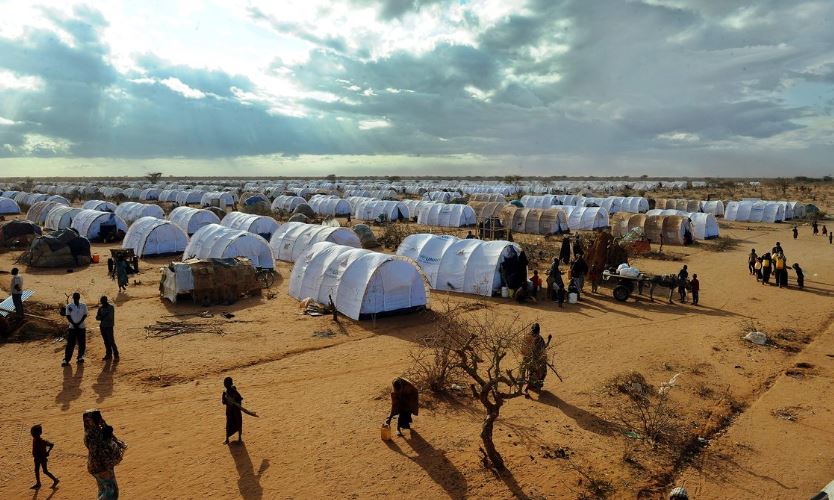
The debate of whether an estimated 250,000 refugees who call Dadaab Refugee Camp home should be repatriated back to their countries is back in the news, triggered by the announcement by the government that it intended to close the camp by August.
This is not the first time such an announcement has been made. Although pronouncements on the proposed closure were rescinded in the past, we believe this time, a sober debate should prevail, spearheaded by the government and the United Nations. This is because this it involves the lives of traumatised people who were uprooted from their homes by violence and hopelessness. Some have gone through indescribable torture and pain. Even as the government, the international community and civil societies argue about what should happen, it’s important for those making the weighty decisions to sit down and carefully consider the consequences. Hardline positions and rushed decision-making won’t suffice.